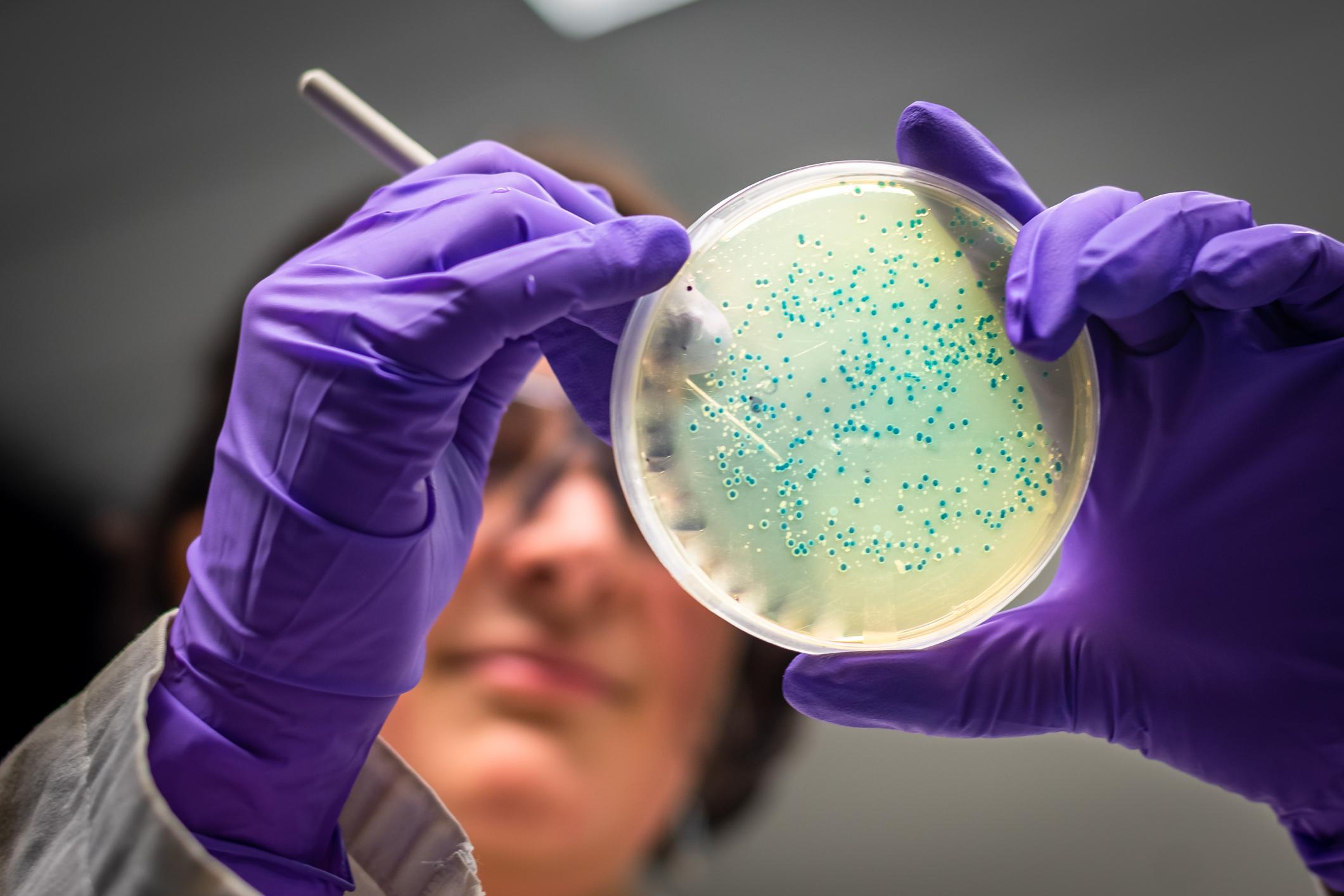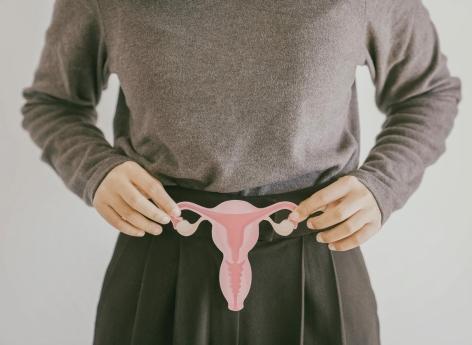A Japanese study observed that an antibiotic targeting a specific bacteria reduced the formation of lesions associated with endometriosis.

- Endometriosis affects 10% of menstruating women.
- Japanese scientists have discovered a potential therapy to treat symptoms related to endometriosis.
- This antibiotic treatment targeting a specific bacterium could reduce the formation of lesions associated with endometriosis.
It affects one in ten menstruating people. Endometriosis is a chronic and frequent gynecological disease, which can be characterized by various symptoms such as pain during urination, passing stools or sexual intercourse, chronic fatigue or manifestations similar to those of irritable bowel.
Antibiotic may reduce endometriosis-related lesion formation
Different treatments are prescribed to relieve the pain associated with endometriosis, but they are not always effective depending on the degree of the pathology. A team of the Graduate School of Medicine and iGCORE at the University of Nagoya (Japan) discovered that an antibiotic targeting the bacterium Fusobacterium reduced the formation of lesions associated with endometriosis. The researchers indicated that this drug could be used as an alternative treatment for gynecological disease. The results of this study have been published in the journal Science Translational Medicine.
To reach this conclusion, the Japanese scientists tested the antibiotic in mice infected with the Fusobacterium bacterium and which had significant lesions in the uterus. They found an improvement in lesions in rodents treated with the antibiotic.

“The eradication of this bacterium by antibiotic treatment could be an approach to treat endometriosis”
During the research, the scientists also observed that the protein transgelin (TAGLN) was often up-regulated in patients with endometriosis. This protein is linked to important processes in the development of this chronic pathology. Faced with this finding, the researchers estimated that transforming growth factor beta (TGF-β) could be the cause of the increase in TAGLN. Since TGF-β is released by macrophages, in other words the body’s natural anti-inflammatory response and immune regulation cells, they concluded that these macrophages were activated in response to the Fusobacterium bacterium.
In the eyes of the researchers, targeting the Fusobacterium bacterium is an effective non-hormonal antibiotic treatment for endometriosis. “Eradication of this bacterium by antibiotic treatment could be an approach to treat endometriosis in women positive for Fusobacterium infection, and these women could be easily identified by vaginal swab or uterine swab ( …) In this study, we demonstrated that the Fusobacterium-TAGLN-endometriosis axis is frequently dysregulated in endometriosis.”, said Professor Yutaka Kondo, author of the study and researcher at the University of Nagoya. Clinical trials of the antibiotic treatment on patients are currently taking place at the Department of Obstetrics and Gynecology of Nagoya University Hospital.

















